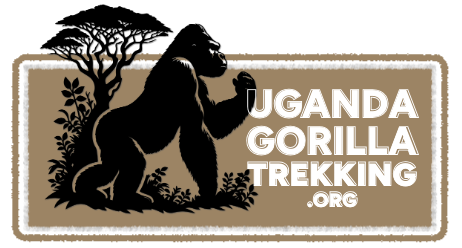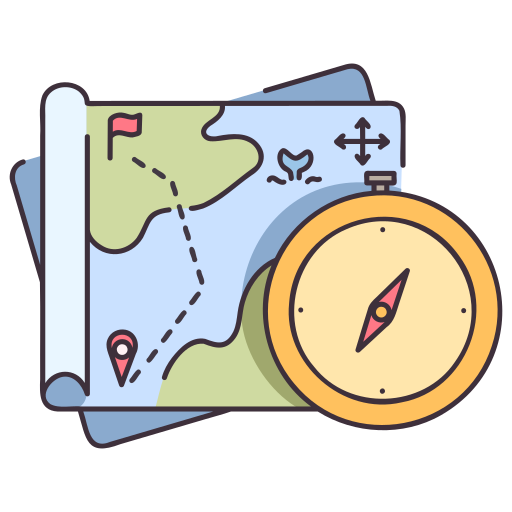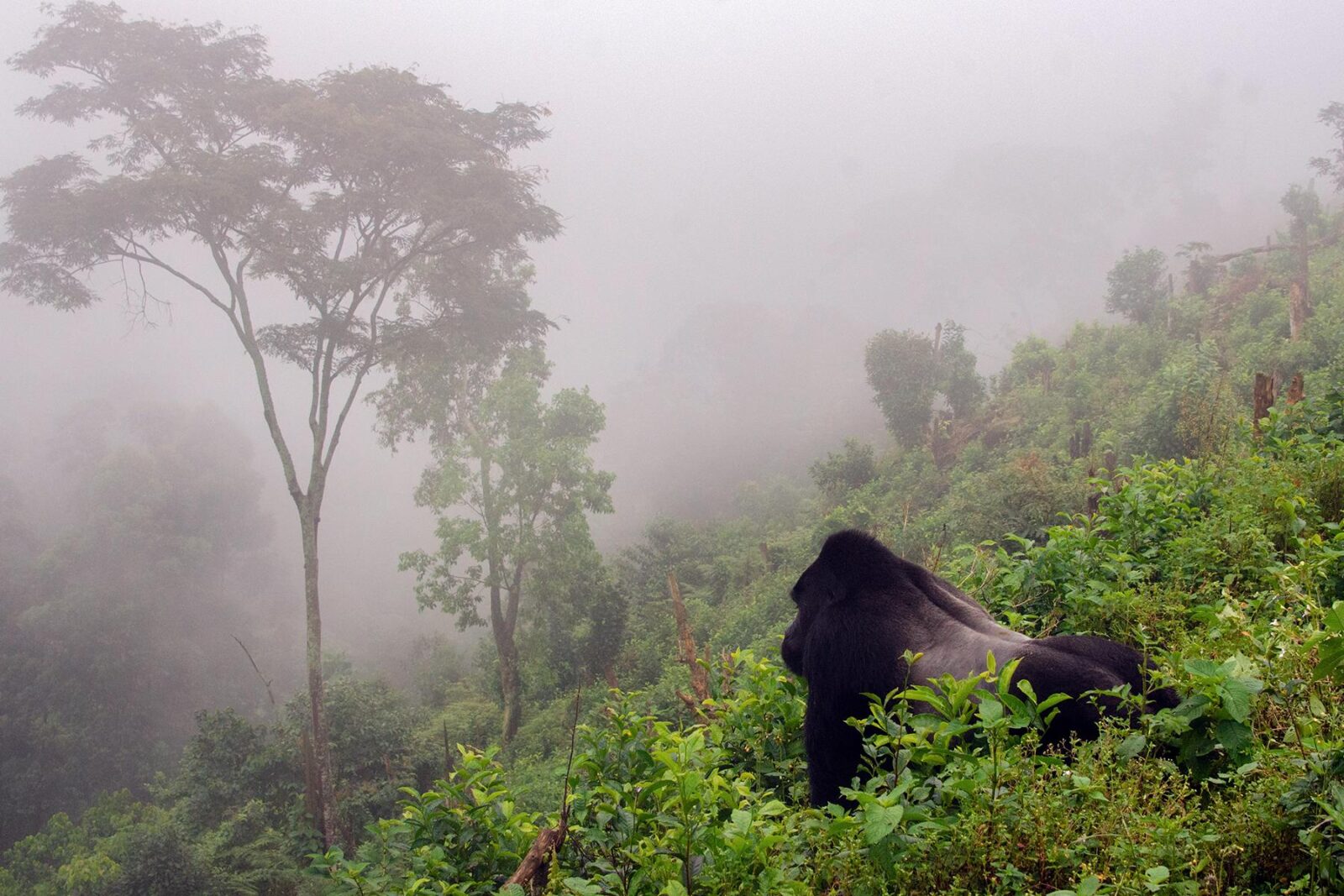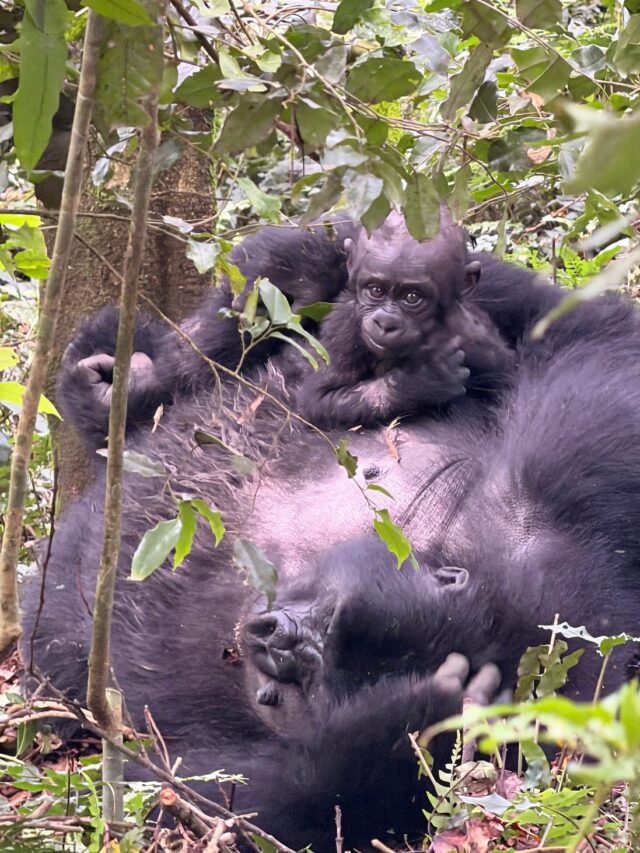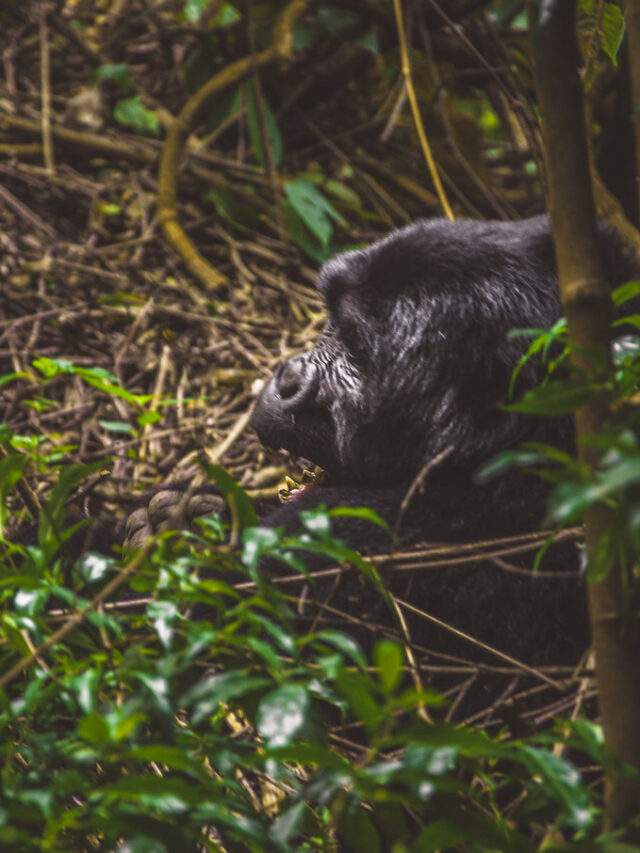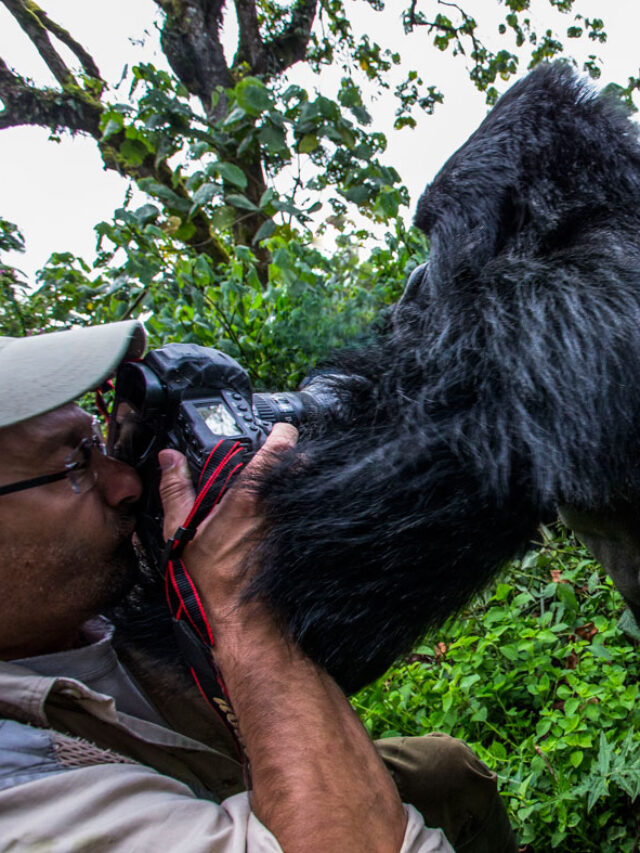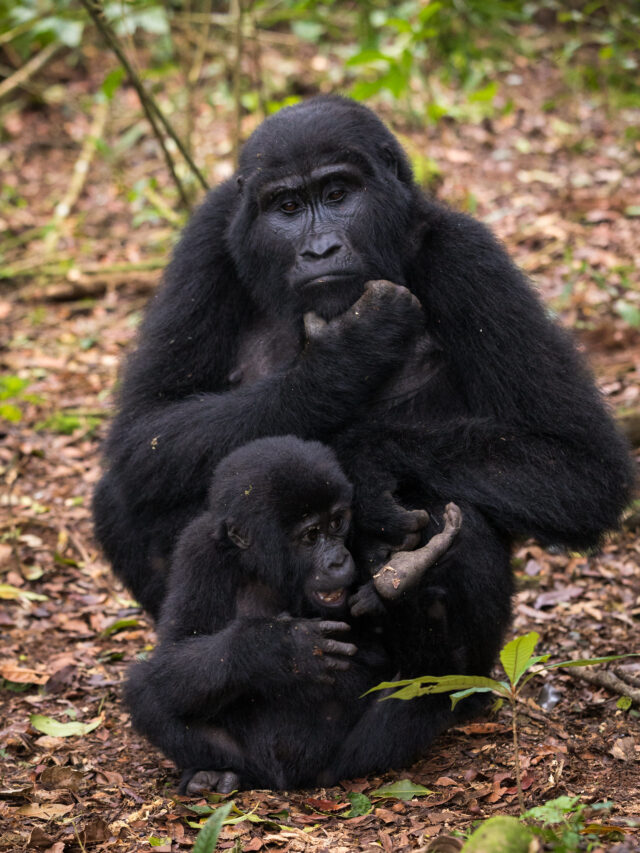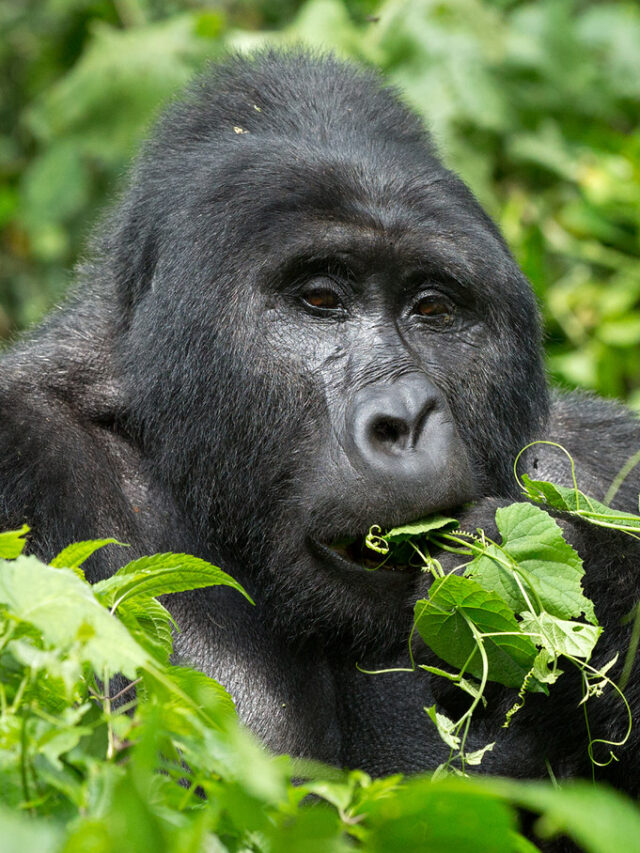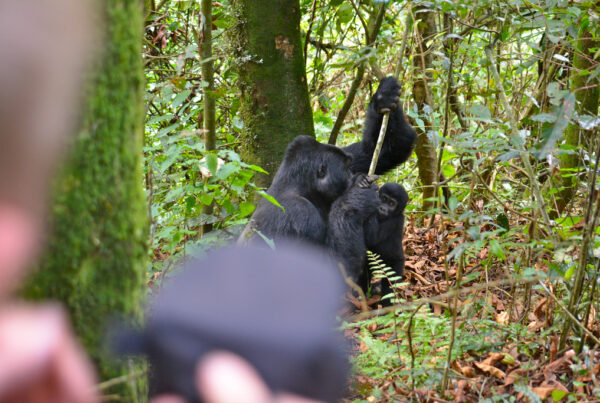Can You Do Gorilla Trekking Without Speaking English? | A Realistic Guide for 2025 Travelers
Can You Do Gorilla Trekking Without Speaking English — One of the most common questions among non-English speakers planning their first gorilla trek in Uganda or Rwanda is this: Can I still participate if I don’t speak English? The short and encouraging answer is yes—you absolutely can! While English is the primary language used by park rangers and guides, you do not need to be fluent or even conversational in English to enjoy the once-in-a-lifetime experience of gorilla trekking. What truly matters is your physical preparedness, respect for safety rules, and a deep curiosity for the wild—not your vocabulary.
Let’s explore how this works in real trekking conditions, how tour companies help non-English-speaking guests, and what practical tips can help you feel confident every step of the way.
Gorilla Trekking Is a Visual, Guided, and Supportive Experience
Gorilla trekking is not a language-based activity—it’s a visual, guided, sensory journey that revolves around observing the gorillas, following ranger instructions, and walking through trails. Most instructions from the guides are simple, repeated gestures or short words like “stop,” “quiet,” “follow,” “go back,” or “stay close.” These are often accompanied by clear hand signals or demonstrations, making it easy for even non-English speakers to follow what’s going on.
The focus of a trek is nature, presence, and immersion—not a lecture. When you finally reach a gorilla family, your time with them is spent watching silently, taking photos, and witnessing their behavior with quiet awe. There is very little speaking involved during the actual encounter.
Guides Are Trained to Work With International Guests
In both Uganda and Rwanda, gorilla trekking staff—rangers, trackers, and porters—are accustomed to hosting travelers from all over the world. While English is the official language, many guides are also familiar with basic French, Spanish, German, Swahili, and other common languages spoken by tourists. Even when they don’t speak your language fluently, they are trained to communicate nonverbally, use visual aids, and make your experience as seamless as possible.
If you’re booking through a tour operator, you can request a multilingual driver-guide to accompany you throughout your trip. These private guides often act as both translators and cultural interpreters, helping bridge any language gaps between you and the park rangers. In Rwanda especially, where tourism is more luxury-focused, many tour guides are multilingual by default.
What You Need to Know Without Speaking English
Although understanding English helps with orientation briefings and background knowledge about gorilla behavior, none of this is mandatory for the trek to happen. If you don’t speak English:
You can still attend the pre-trek briefing by following along visually or asking your tour guide to translate. These sessions are short, repetitive, and mostly involve practical safety tips.
You can hike safely, as most instructions are based on physical gestures, group movement, and routine procedures.
You can enjoy the encounter fully, since the most magical part—observing the gorillas—is a moment of silence and wonder, not talking.
You can still get help, as rangers and porters are patient and used to working with people of all ages and backgrounds.
Travel Tips for Non-English-Speaking Trekkers
To enhance your comfort and confidence during the trek:
Book with a trusted tour operator who understands your language needs and can assign a bilingual guide.
Download a basic translation app or carry a phrasebook for key words like “help,” “water,” “stop,” and “tired.”
Write down any medical conditions or essential information in English in case of emergencies.
Use gestures confidently—pointing, showing, and mimicking are universal tools.
Let the park staff know in advance that you do not speak English. They will make extra effort to guide you through the experience safely and kindly.
The Language of Nature Is Universal
At its heart, gorilla trekking is an emotional and sensory journey—one that moves people beyond language. The moment you lock eyes with a silverback or watch a baby gorilla swing playfully through the vines, spoken language fades. You feel connected not through words, but through presence, wonder, and humility. Whether you speak English, French, Mandarin, or none of the above, the gorillas do not judge, and the forest welcomes you the same.
So if you’ve been hesitating to book your dream gorilla trek in Uganda or Rwanda because of a language barrier, let this guide reassure you: you don’t need English to understand awe, to feel the earth beneath your boots, or to share a moment of magic with a mountain gorilla. What you need is curiosity, respect for nature, and the courage to step into the wild. And those, dear traveler, speak louder than any word ever could.
